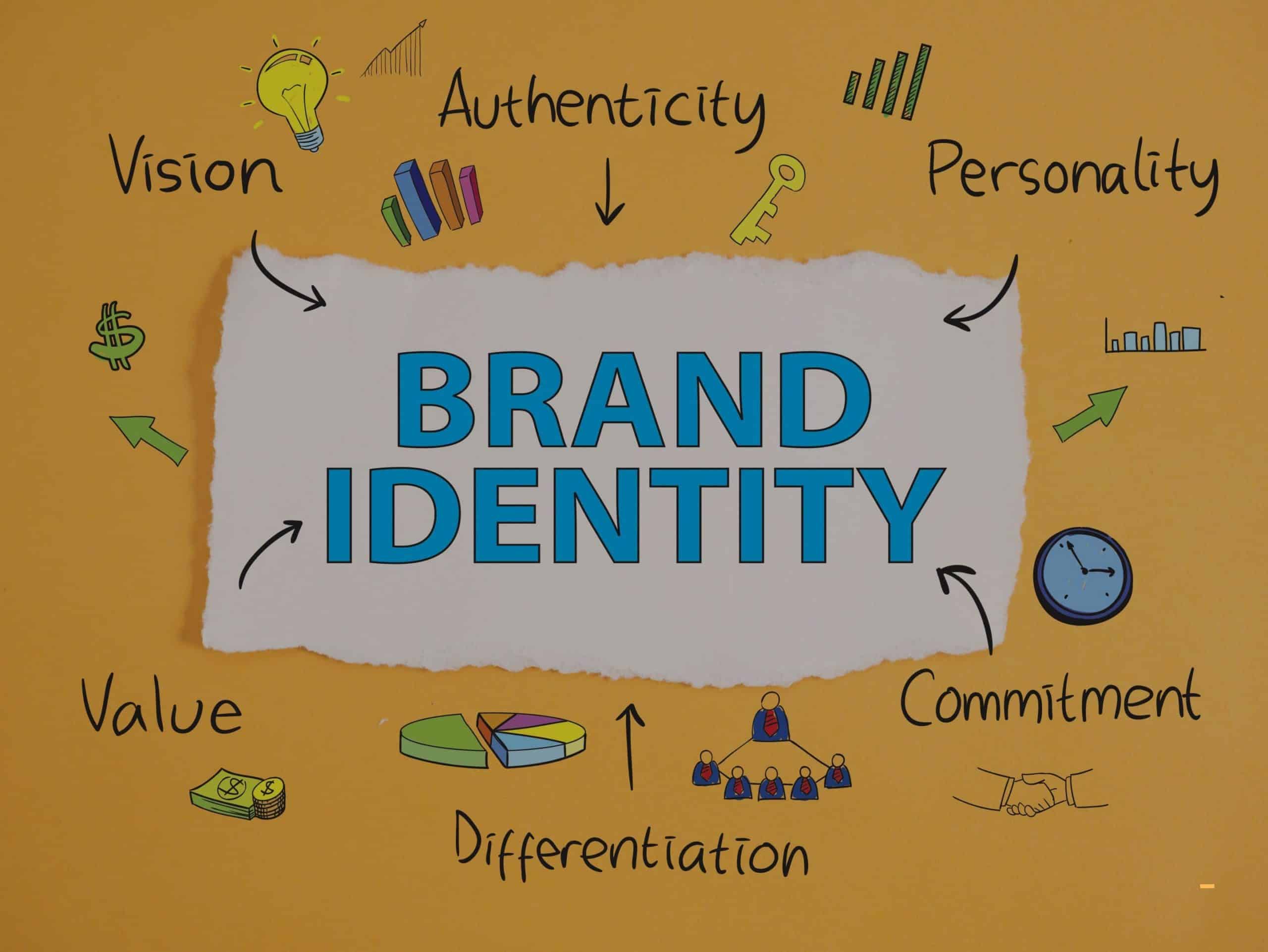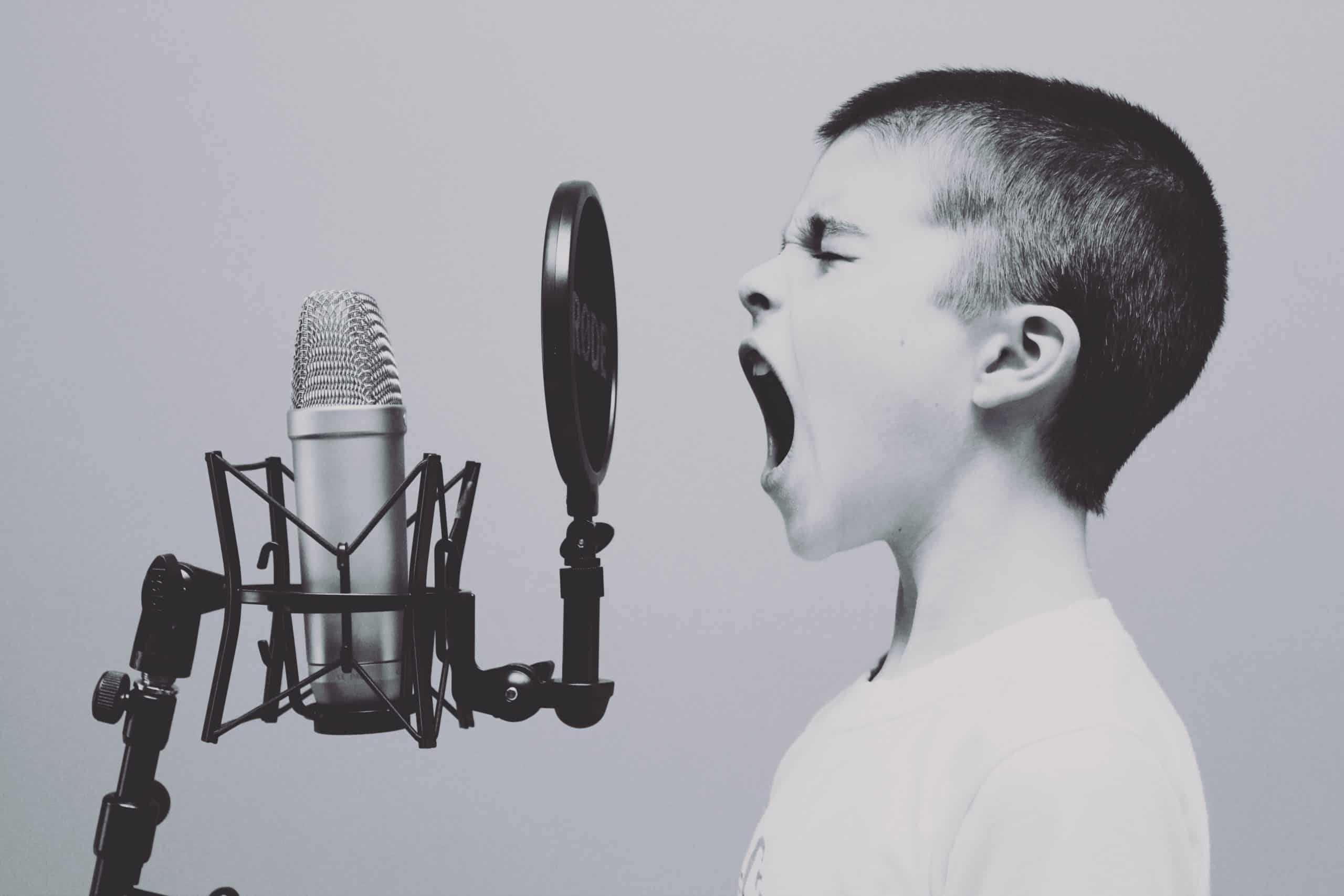Show Notes
In this episode of Audience, we sat down with the hosts of the Ladybug Podcast. Emma Bostian, Ali Spittel, and Kelly Vaughn produce a weekly show geared towards developers at all stages in their careers. They create episodes about technical coding topics, interview industry experts, and weave in “softer” development conversations to keep their audience engaged.
Throughout this interview, our conversation regularly transitioned back to personal brands and their importance. These women are the perfect examples of how putting resources towards creating a personal brand can dramatically improve a podcast’s performance.
Inside this episode, you’ll learn more about how they run their show. With a track record of rapid growth under their belt, their insights are great takeaways for seasoned hosts looking to turn up the heat. Listen now to learn more about:
- How to explain technical topics via a podcast (hint: show notes play a crucial role).
- What you need to do before approaching or accepting sponsors for your podcast.
- A checklist for beginners on how to brand their podcast before launching the show (hint: it always comes back to your ideal listener).
- And the Ladybug Podcast’s most effective promotional strategies that contributed to their rapid growth.
The Ladybug Podcast details how episode transcriptions are an important part of their promotional game plan. With Castos, you can access automatic pay-as-you-go transcription services directly from your dashboard. Check out our comprehensive podcast transcription guide to find out how.
But ahead, we’re diving deeper into how and why their personal brands contributed to their success. This is a piece of podcasting that doesn’t always get the attention it deserves but can be the basis for sustained growth. Let’s find out why the Ladybug Podcast is the personal brand example you should follow.
What Is A Personal Brand?
By definition a personal brand is how you market yourself and skillset. It’s the combination of online and in-person content that represents what you want to be known for. A personal brand should tell a story about your background and provide an authentic look inside your life.
Personal brands are important because it humanizes the person behind a product. Giving an audience a peak behind the curtain allows for more authentic interactions and creates loyal followers. Many podcast listeners say they want to listen to hosts who feel like a friend and share their beliefs. The way to create that connection is to focus on curating real-time interactions with your audience members.
Each social media or blog post that supports a personal brand is an opportunity to engage. From retweets to comments to email responses, interacting with others in your niche community helps grow your following. In addition, weaving in content from your life or the inner workings of your company provides a necessary break from promotional posts.
Finding the right channel and committing the time to routinely post original content is step one in building a personal brand. The hosts of the Ladybug Podcast took this foundation seriously and achieved rapid growth as a result. And this is how they did it.
Why The Ladybug Podcast Is The Perfect Personal Brand Example
Throughout our interview with Kelly, Ali, and Emma, they repeatedly said the time spent building their individual personal brands contributed to their success. Before coming together to produce their podcast, each had gained a loyal following by consistently posting social media and blog content.
Each woman started their personal brand from different channels–from Twitter to blogging, choosing the platform where their intended audience already gathered. Here are the top tips they recommend to beginners who are starting out from scratch.
Don’t focus on the numbers
A tip from Emma: with personal brands, it’s about the journey not the end goal. It’s more effective to focus on refining the skills necessary to build the following than the actual numbers. If you want 200,000 followers by the end of this year, you’ll need to commit to the journey to get there.
Another reason to not strictly focus on the end result is the size of every niche is relative. Growth possibilities within one community don’t always translate to another due to the total number of people interested in that topic. For example, if you want to build a following of craft beer lovers then building a personal brand with 200,000 followers is achievable. However, considering the number of people afraid of heights, building a community of 200,000 enthusiastic bungee jumpers is more difficult.
While there is a community out there for every niche, the size of the audience varies greatly between each. Focus on the skills needed to connect with them, not the hard numbers.
Consistency and unique content is king
So what skills do podcast hosts need to focus on to build a personal brand? The unanimous answer from all three women was consistency and unique content.
When asked how much time they spend building their brands outside of the podcast, each committed at least 3-4 hours a week. From writing tweets, sending newsletters, and publishing blog posts, all three saw consistently posting personal content contributed to their growth. Without consistency, it’s easy for a following to forget you’re there. Or you miss an opportunity to chime in on a conversation that generates a retweet from a high-profile user in your community.
Spending time and resources building an online presence is the first key to growth. But then what to post?
Kelly recommends upping the level of transparency is necessary to create a holistic personal brand. Reveal the positives alongside some negatives to show your human side. But remember, authenticity is key.
Ali shed light on how creating unique content for each channel gives people a reason to follow you across multiple platforms. Her followers head to her blog for the latest CSS cheat sheets then to Twitter to answer a poll about the best way to teach React.
Use your personal brand to grow your podcast
After seeing an uptick in followers of your personal brand, it’s time to leverage that exposure for your podcast.
The hosts of the Ladybug Podcast go about this very intentionally. First posting content from the podcast’s account and then reposting from their personal accounts. Ali, Emma, and Kelly have access to podcast’s feeds so the expert in a specific topic has free reign to push the conversation forward.
They also don’t shy away from engaging with podcast listeners from their personal social media channels. And they don’t undersell the value of their personal brand followers in sponsorship deals either. With the podcast’s content regularly promoted within their personal feeds, they’re able to charge more for advertising packages compared to other shows.
Having established followings before launching their podcast no doubt contributed to the show’s success. But that means veteran and beginners can achieve similar success by actively growing their own personal brands. Committing to consistently posting unique content can mean the difference between growing a podcast from 100 to 10,000 listeners. Now it’s your turn to try.
Resources Mentioned In This Episode
- Subscribe to the Ladybug Podcast
- Follow Ladybug Podcast on Twitter
- Follow Kelly Vaughn, Emma Bostian, and Ali Spittel on Twitter
- Check out Hatchful by Shopify for logo generation
- Try PodcastMotor for your podcast production needs
- Join Ladybug Podcast Book Club on Goodreads
- Read Atomic Habits by James Clear
- Subscribe to Bad On Paper Podcast




